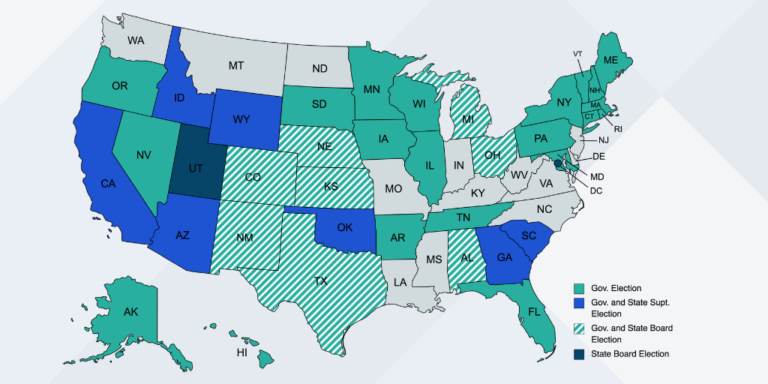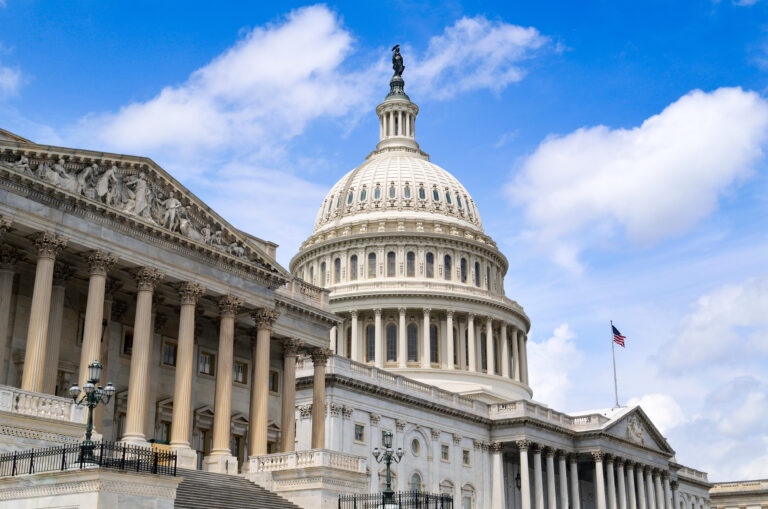It is election week and, as is often the case, the biggest action is at the state level.
There are 36 governors and 7 state superintendents up for election this year, and those races have big implications for education policy. Even in states where governors don’t appoint their state education chief, state board of education elections can have a sizable impact on education leadership and decision-making.
Although polarizing K-12 political issues in education are dominating the headlines, there are a multitude of issues in play when it comes to education funding, policy and practice. There are also a few bipartisan bright spots, with state leaders and candidates on both sides of the aisle taking on college affordability and embracing workforce development initiatives and funding, including apprenticeships.
To help cut through the noise, the W/A research team is following the 18 races that, according to our analysis, are likely to have the biggest implications for education. Our top 18 – 11 gubernatorial races and seven state education chief races – are based on four factors:
- Close or toss-up gubernatorial races, according to The Cook Political Report and FiveThirtyEight
- States where the governor appoints either state board members or the state superintendent (in states like Nevada and New Mexico, for example, a close governor’s race could result in the appointment of a new state chief)
- States where the state education chief is up for direct election (Arizona and Georgia are good examples. For more detail on Georgia, check out Tracey’s take in EdNext)
- States where education is a top priority, including Kansas, Wisconsin, and Michigan
Read our analysis of the gubernatorial races here and state superintendent races here.
It is, of course, worth noting that every member of the House Committee on Education & Labor is up for election, and there is a decent chance that the Senate could flip. Our analysis of those federal races, here, provides additional detail on which seats are deemed safe, at-risk, and potential changes in leadership and policy that could result from changes at the top.
If you’re interested in learning more, don’t hesitate to reach out to our research team: research@whiteboardadvisors.com.




